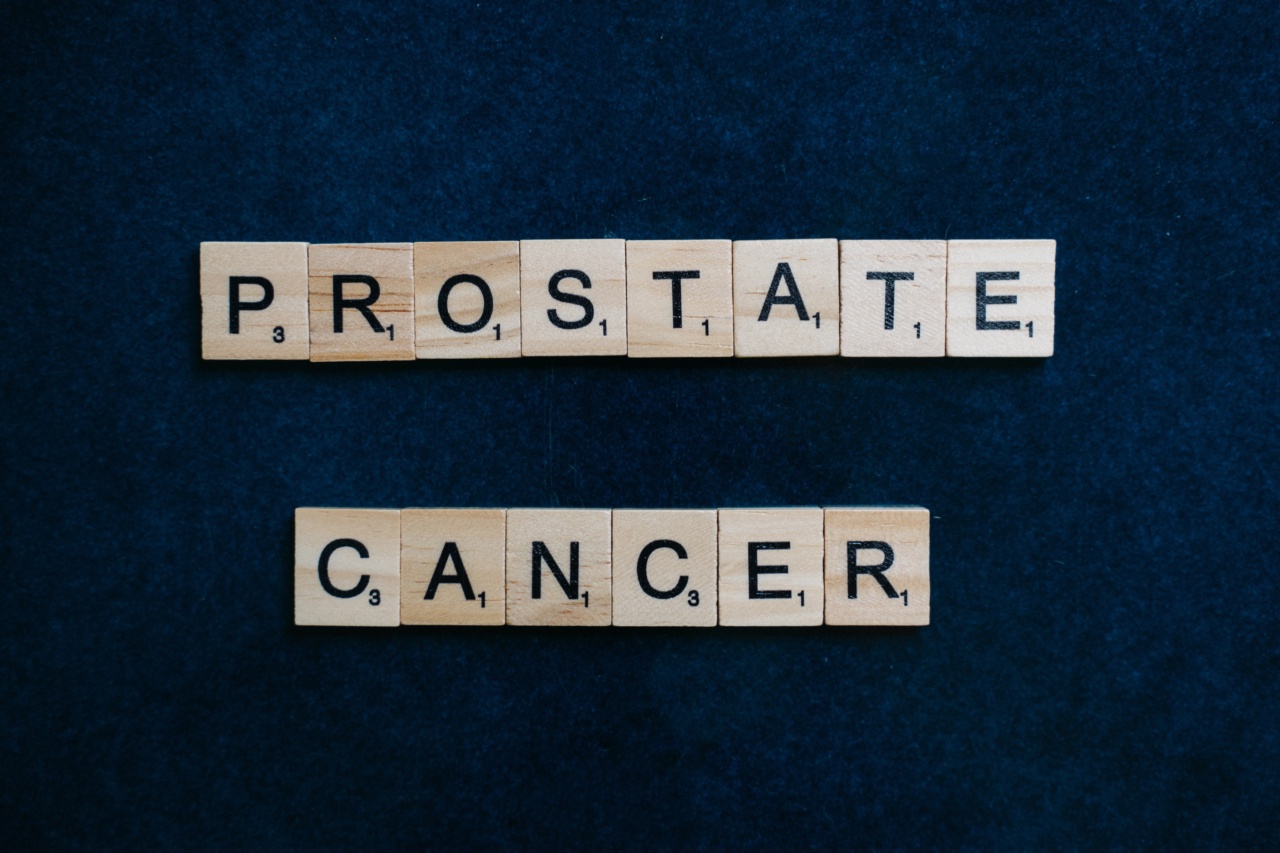The prostate is a small gland located underneath the bladder in men. It plays an important role in male reproductive function and can also be a site of cancer development.
This article aims to provide a better understanding of the prostate, its function, and how to balance sexual function and cancer prevention.
The Prostate: What Is It?
The prostate gland is part of the male reproductive system and is located just below the bladder. It produces a fluid that is a component of semen, which helps to nourish and transport sperm.
The size of the prostate varies over time and with age, with it typically being about the size of a walnut in younger men. As men age, the prostate can become larger, with this condition known as benign prostatic hyperplasia (BPH).
Prostate Health: Maintaining Sexual Function
Maintaining sexual function is a key concern for many men as they age. The prostate gland plays a critical role in sexual function, and certain conditions, such as prostate cancer, can have a significant impact on this function.
To maintain sexual function, it is important to promote prostate health through regular exercise, a healthy diet, and managing stress levels.
Prostate Cancer: Prevention and Detection
Prostate cancer is one of the most common cancers in men, with roughly one in nine men being diagnosed with the disease at some point in their lives.
While this can be a serious diagnosis, early detection and prevention are key strategies for managing the disease. Prevention strategies include maintaining a healthy lifestyle, avoiding smoking and excessive alcohol consumption, and getting regular prostate exams and cancer screenings.
Treating Prostate Cancer
If prostate cancer is diagnosed, there are several treatment options available. The choice of treatment will depend on factors such as the stage of the cancer, the age and overall health of the patient, and personal preference.
Treatment options may include surgery, radiation therapy, hormone therapy, or chemotherapy.
Prostate Health for Better Sexual Function
To promote better sexual function, there are several lifestyle changes that men can make to support prostate health.
These include eating a healthy diet rich in fruits and vegetables, limiting red meat intake, avoiding excessive alcohol and caffeine, and engaging in regular exercise such as swimming, walking, or yoga. Additionally, practicing stress-reducing techniques such as meditation or deep breathing can also be beneficial for prostate health and may improve sexual function overall.
Prostate Cancer Screening
Prostate cancer screening involves testing for the disease in men who do not have symptoms. This screening typically involves the use of a blood test and a physical exam, and may also include imaging tests such as an MRI or ultrasound.
Early screening and detection can help identify the disease before it has a chance to spread, increasing the effectiveness of treatment and management strategies.
Prostate Cancer Treatment
Treatment for prostate cancer may involve a combination of surgery, radiation therapy, and chemotherapy. The choice of treatment will depend on various factors such as the stage of the cancer, the age of the patient, and overall health.
In some cases, watchful waiting or active surveillance may be recommended, particularly in cases where the cancer is slow-growing.
Tips for Maintaining Prostate Health
There are several tips that men can follow to maintain prostate health and support sexual function.
These include eating a healthy diet, getting regular exercise, avoiding smoking and excessive alcohol consumption, managing stress levels, and getting regular prostate exams and cancer screenings. Practicing good self-care and maintaining an overall healthy lifestyle can help to promote better prostate health and overall sexual function, and may also help to reduce the risk of prostate cancer.
Conclusion
The prostate gland is an important part of the male reproductive system, playing a critical role in reproductive function as well as being a site of cancer development.
Maintaining prostate health is essential for promoting sexual function and reducing the risk of cancers such as prostate cancer. By taking steps to support prostate health through healthy lifestyle choices and regular medical exams, men can help to protect themselves against prostate cancer and other issues related to prostate health.






























